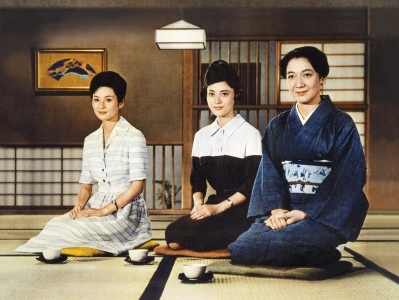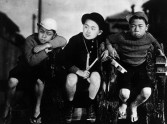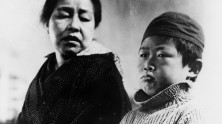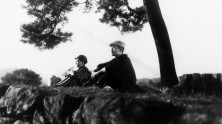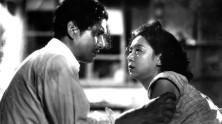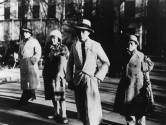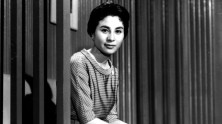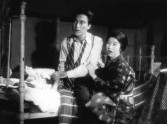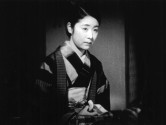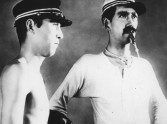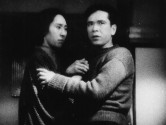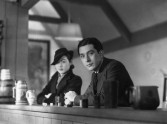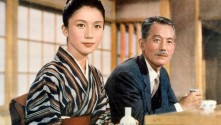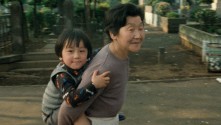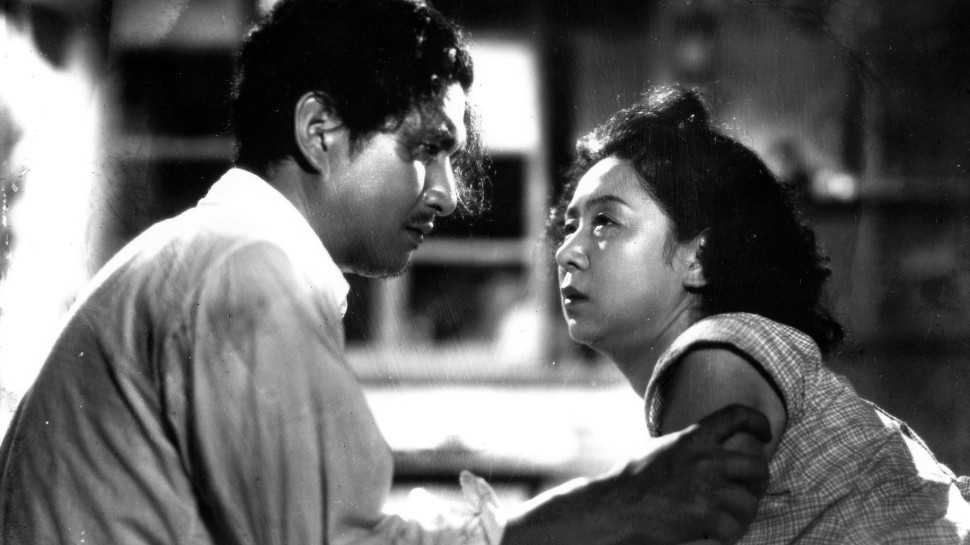
Ozu referred to his second postwar film as one of his “bad failures.” Audiences and critics likewise were mixed on the film, deemed by some as derivative and overly melodramatic. However, the frankness with which Ozu addresses ruptured prewar dreams and postwar losses make the film an incredibly valuable work, providing the foundation for the wartime anecdotes told by characters in Ozu’s later films. While waiting for her husband Shuichi’s repatriation, Tokiko (Tanaka) turns to sex work to pay for her son’s hospital bills. When Shuichi (Sano Shuji) returns, the trauma of political violence triggers acts of domestic violence. The premise of A Hen in the Wind (and its casting of Tanaka Kinuyo as a woman faced with overwhelming hardship) invokes the films of Mizoguchi, but Ozu’s take on a common subject of Occupation films—the gender difference in men and women’s postwar experiences—emphasizes a day-to-day perseverance without the escape of martyrdom. Therefore, A Hen in the Wind continues well after Tokiko’s sacrifice and after Shuichi’s return, as the couple decides how to continue—not with a smile but with tears and gritted teeth.
Part of film series
Screenings from this program
Late Spring
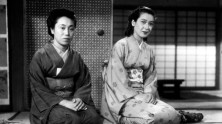
Tokyo Story
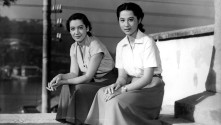
Early Summer
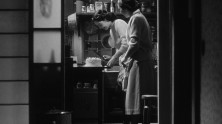
Passing Fancy
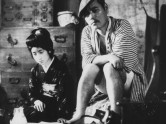
Dragnet Girl
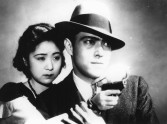
Tokyo Story

A Story of Floating Weeds
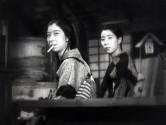
Days of Youth
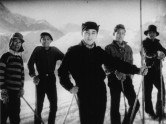
The Flavor of Green Tea over Rice
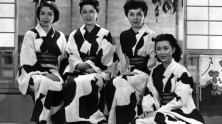
Early Spring
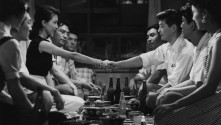
The Munekata Sisters
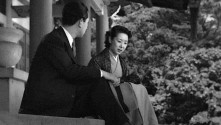
Floating Weeds
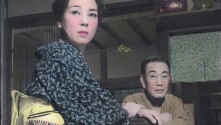
Good Morning
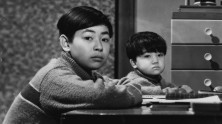
Late Autumn
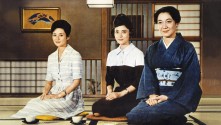
Tokyo Twilight
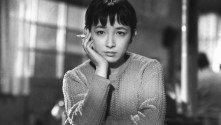
The Brothers and Sisters of the Toda Family
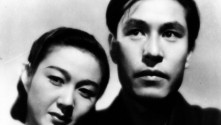
I Flunked, But …
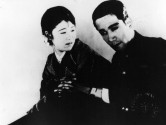
Late Autumn

Where Now Are the Dreams of Youth?
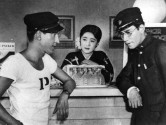
The End of Summer
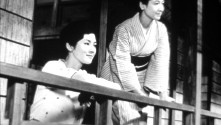
Early Spring

Café Lumière

Tokyo Story

